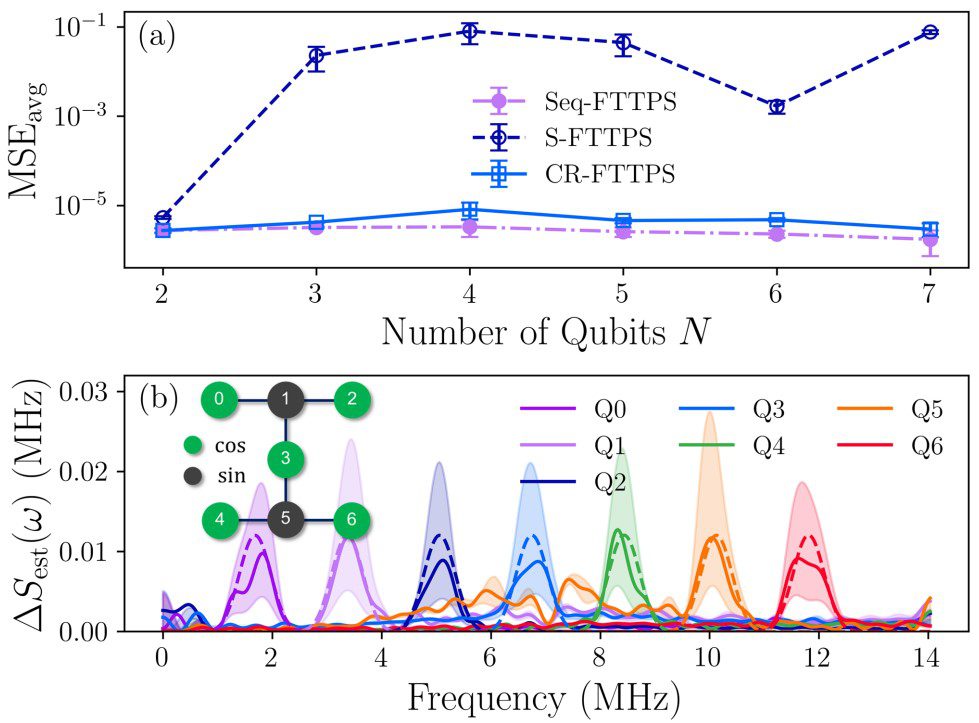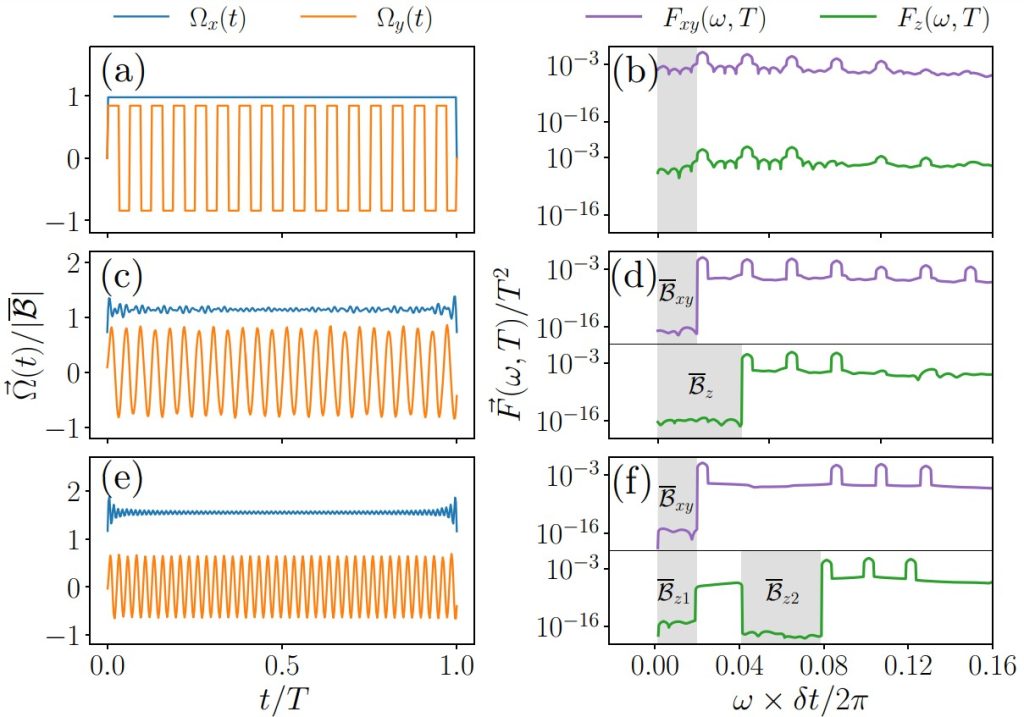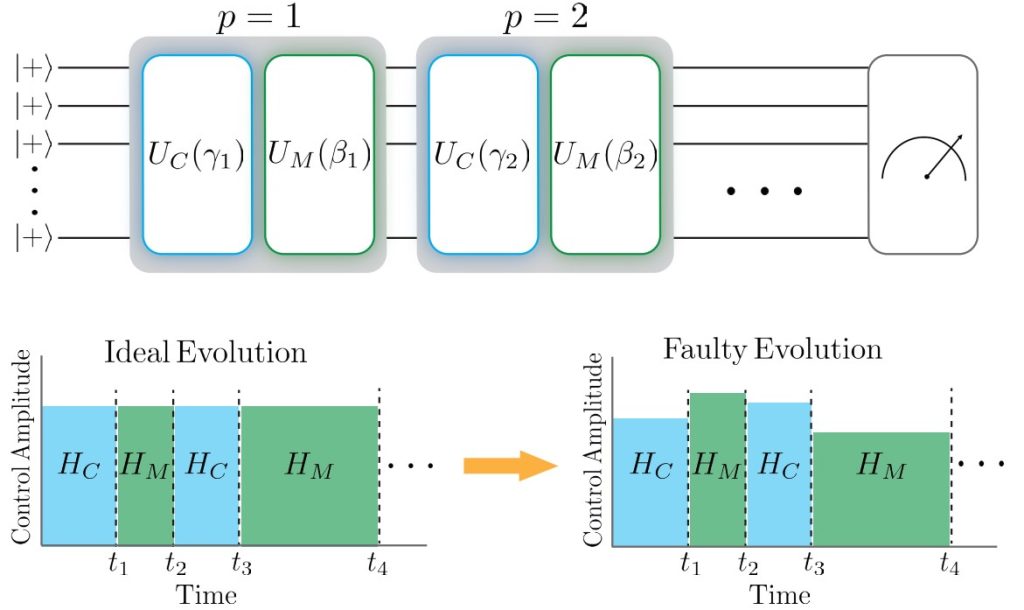Quantum Characterization

Quantum characterization refers to the process of determining the properties, behavior, and underlying structure of quantum systems. It involves using experimental techniques and mathematical tools to analyze quantum states, quantum dynamics, and other phenomena that define a quantum system’s behavior. In our group, we are particularly interested in the characterization of noise in quantum systems that exhibits spatial and temporal correlations. Noise that falls within this category poses unique challenges for quantum error characterization and protection protocols. Our group focuses on the design and assessment of scalable protocols that provide sufficient and efficient characterization of spatiotemporally correlated noise.
Quantum Control

Quantum control encompasses techniques and methods used to manipulate and steer the behavior of quantum systems in a desired way. The goal is to achieve precise control over quantum states, dynamics, and processes, which is crucial for applications in quantum computing and sensing. Our group develops hardware-agnostic and hardware-specific quantum control protocols that improve the robustness of quantum gates to various noise processes. We draw on techniques from classical signal processing to realize scalable, noise-informed quantum control protocols that are readily implementable on existing hardware.
Quantum Algorithms

Quantum algorithms are recipes for solving practical problems on quantum hardware. They are defined by unitary gates operations that result in the manipulation of the underlying system in order to generate superposition and entanglement. In addition, quantum algorithms are defined by measurement operations to extract information from the system. Our group focuses on the study of quantum algorithms from two perspectives: (1) investigating their underlying characteristics to improve their design and (2) assessing their robustness to realistic noise environments. Our overall objective is to assist in the realization of quantum advantage on existing and near-future quantum hardware.
